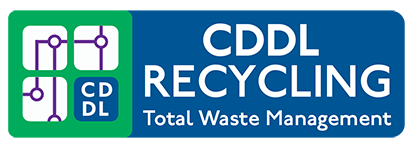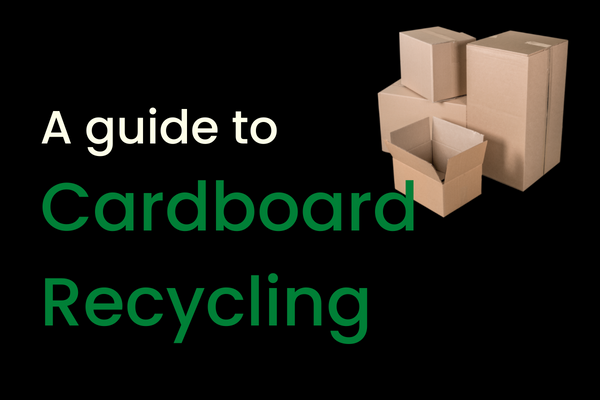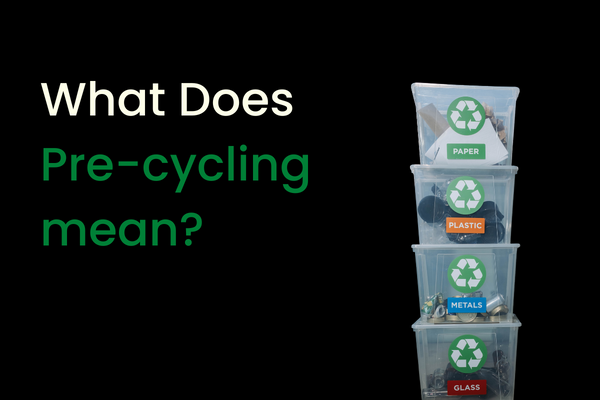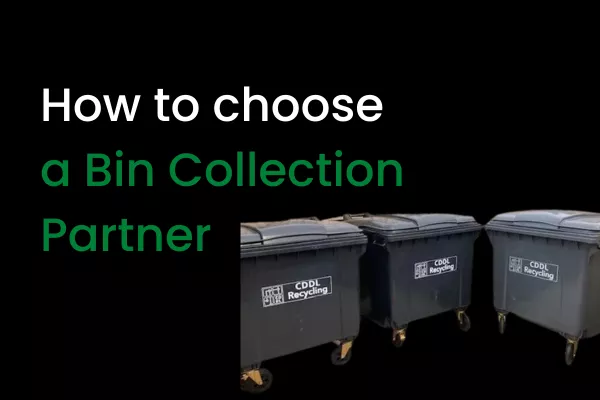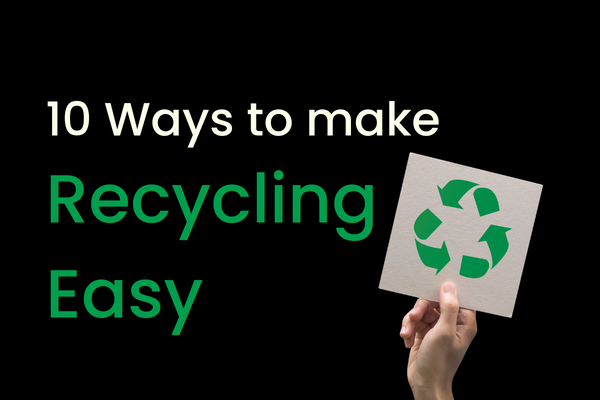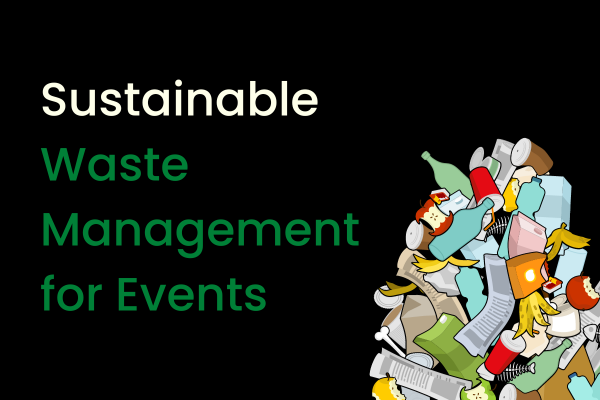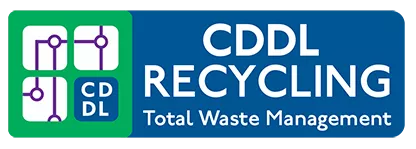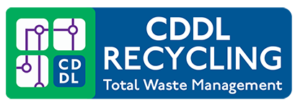What Plastics can my business recycle?
Most businesses are capable of recycling the 7 main types of plastics, this can include anything from the plastic bottles in your staff room, right down to the Plastic sheeting used in your office signage.
The more we understand the impact of plastics the more we can do to reduce the impact on our fragile planet. By making sure our colleagues and customers know how and what plastic to recycle we can all make a difference.
Many businesses already choose to recycle their plastic waste, but Is your business missing out on any recycling opportunities?
Read on to find out more about the types of plastic that can be recycled and how to make sure your business is doing its part to reduce plastic waste.
How can a business maximise plastic recycling?
With all of the different types of plastic out there it’s no wonder that sometimes we might question if the material is recyclable and what to do with it.
Businesses can do their part to ensure plastic waste is recycled in a responsible manner by creating systems and policies that make it easier for their staff, customers, and partners to recycle correctly.
This could include offering incentives for using reusable products and containers, implementing segregated waste bins with clear labelling, providing information about local recycling centres, or even setting up an in-house sorting system for recyclable materials.
Businesses should also look at ways of replacing single-use plastic items with more sustainable alternatives such as paper and cardboard packaging or biodegradable materials.
What different recycling symbols mean
The UK uses a variety of plastic recycling symbols to help us understand the material we are dealing with and whether it can be recycled.

The most important factor when it comes to recycling plastics is to make sure that all recyclable materials are separated and collected in the correct manner.
Separating different types of plastic or different coloured plastics will ensure they get recycled properly. The easiest way to do this is to have designated bins for different types of waste, such as plastic bottles, plastic bags and EPS materials.
It is also highly worth pre-cycling your plastic waste.
What does pre-cycling waste mean and how can you do it?

Pre-cycling waste is simply the practice of removing the likelihood of contamination. This can be achieved by removing excess material, such as labels and packaging, before placing the plastic in recycling bins.
Contamination massively disrupts the amounts of plastics that are able to be recycled, even the smallest amount of unwanted liquid or debris can play havoc and mean that a lot of recyclables end up in a landfill – For example, if an oil bottle is recycled and still has traces of oil in it this can contaminate whole batches.
By pre-cycling your plastic waste, you are making sure that no unnecessary contamination occurs, thereby increasing the number of plastics that are ultimately recycled from your business.
Different types of plastic waste explained
The most common type of plastic that can be recycled is polyethylene terephthalate (PET) or PETE. This is the type of plastic used for water and fizzy drink bottles, peanut butter jars, salad dressing containers and other foods.
Whilst this plastic provides a durable container for food products, it is not biodegradable and therefore needs to be recycled.
Other plastics your business might be using
High-Density Polyethylene (HDPE) – Most commonly used for products such as milk containers, detergent bottles and shampoo bottles.
Low-Density Polyethylene (LDPE) – Ever wondered what your bubble wrap packaging is made of? LDPE is the most common type of plastic used for bubble wrap and plastic carrier bags and things like clingfilm.
Polypropylene (PP) – This lightweight yet highly durable plastic is often used for margarine tubs, yoghurt pots and takeaway containers.
Polyvinyl Chloride (PVC) – Often found in bottles of cooking oil, ketchup and mustard as well as plastic pipe.
Polystyrene (PS) – This is the type of plastic used for many food trays, packaging and insulation. It is not as widely accepted by local authorities but can be recycled through private companies.
Expanded Polystyrene (EPS) – Not to be confused with Polystyrene, EPS is the type of plastic used for coffee cups and takeout containers. EPS can be recycled by both local authorities and private companies.
Acrylonitrile Butadiene Styrene (ABS) – This type of plastic is typically found in car parts and phone cases as well as some toys.
What happens with your business’s plastic waste after collection
After your waste management company collects plastic waste, it is sent to a materials recycling plant where the material is sorted into different grades.
The material is then separated according to its chemical composition and further processed in various ways, such as shredding, washing, and melting.
After this process, plastic can be used to make new products like packaging or containers. Some of the more valuable plastics are also recycled back into their original form and resold.
Why use CDDL for your company’s plastic recycling
At CDDL, we are committed to providing businesses with the right waste management solutions for their plastic recycling needs. From collection and sorting services to certified plastic recyclers, we have the expertise and resources to ensure that your company’s plastics are recycled efficiently.
We can recycle most types plastics including
- Plastic boarding
- Food & Drink containers
- plastic floor protection boards
- PVC & UPVC
- & more
Not only do we provide an environmental benefit but we can also save your business money. And, with our wide range of options and services, you can be sure that we have the perfect solution for your company’s needs.
So if you are looking for an efficient and cost-effective way to recycle plastic waste then contact CDDL today – We guarantee you won’t be disappointed.
